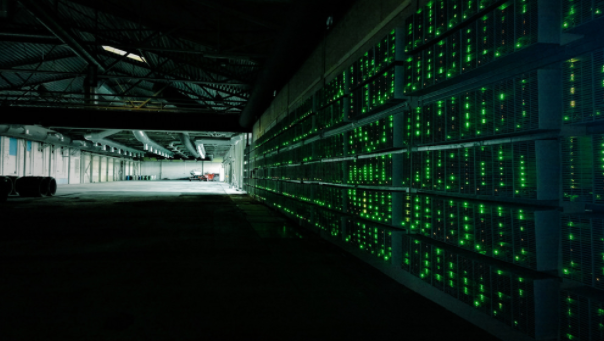Cyberpunk
May 23, 2017
For one of my last blog posts before the end of the year, I want to talk about a genre of science fiction that has truly captured my interest but nonetheless remains relatively unknown to anyone who doesn’t binge-consume science fiction like I do. Cyberpunk is a genre that describes a subset of futuristic fiction characterized by “High Tech, Low Life”. This philosophy really originated with William Gibson’s Neuromancer in 1984, a short story where the protagonist, a hacker named Case, works for his employer in dystopian, computer-enhanced Japan. Though the genre was really popular with pen-and-paper roleplaying games, such as Cyberpunk 2020, in the late Eighties and early Nineties, Blade Runner (1982) is perhaps the most well-known movie of this particular genre, as was the widely panned 2016 movie Ghost in the Shell. However, for the most part the style is relegated mostly to video games and artwork, while most science fiction continues to follow the formula of fantastic battles, strange aliens etc. Unfortunately, for a classification that can frequently send potent political or philosophical messages, it continues to remain underappreciated and underfunded in favor of safer and more “established” fantasy and YA-oriented content like Star Wars or the Avengers.
There are a few movies everyone’s heard of that can be regarded as Cyberpunk. Robocop is a prime example; though it lacks the ubiquitous hacking found in most cyberpunk settings, its themes of wretched, unwilling cyborgs and corporate malovance make it a staple of the genre. The first Terminator is well known to aficionados of the style, mostly for Arnold Schwarzenegger’s imposing role as a robotic assassin sent from the future. Alien can be considered cyberpunk, for its 70’s computer aesthetics, grungy (yet unmistakably futuristic) atmosphere and white-blooded android antagonist.
However, movies are just the tip of the iceberg. Comics and videogames have developed many themes and tropes indicative of the label; the Deus Ex franchise revolves around government conspiracies and “mechanized oppression”, and Transmetropolitan is the comic series about a journalist in the future New York City, where unrestrained stimulation and social putrefaction reign supreme. Police brutality, cybernetic limbs, illicit substances, plutocracy, hacking and human enhancement are set against a backdrop of poverty and corruption. In all, I would say that today’s social and political climate, what with a surveillance state, hacks influencing elections and private military corporations, lends itself more to cyberpunk than to any other genre of science fiction.



